Watermelon is a refreshing and hydrating fruit known for its high water content and sweet flavor. It’s a popular choice for summer and is enjoyed in a variety of ways. Here’s a comprehensive overview of watermelon:
Characteristics:
- Appearance: Large, round or oval fruit with a green rind and sweet, red or pink flesh dotted with black seeds (though seedless varieties are also common).
- Flavor: Sweet and mildly floral with a high water content that makes it very refreshing.
- Texture: Juicy and crisp, with a fibrous yet tender texture.
Nutritional Benefits:
- Vitamins and Minerals: Contains vitamins A, C, and several B vitamins. Provides minerals like potassium and magnesium.
- Hydration: Composed of about 92% water, making it excellent for hydration.
- Antioxidants: Rich in antioxidants like lycopene and beta-carotene, which help protect against oxidative stress and inflammation.
- Amino Acids: Contains citrulline, which may help improve blood flow and reduce muscle soreness.
Culinary Uses:
- Fresh Eating: Enjoyed fresh as a snack or in fruit salads.
- Juices and Smoothies: Blended into refreshing juices and smoothies.
- Grilling: Grilled slices can be a unique addition to savory dishes or salads.
- Desserts: Used in sorbets, ice creams, and watermelon popsicles.
- Salads: Combined with ingredients like feta cheese, mint, and cucumbers for a fresh, flavorful salad.
- Cocktails: Used in cocktails or mocktails for a refreshing twist.
Health Benefits:
- Hydration: High water content helps maintain hydration, especially in hot weather.
- Heart Health: Lycopene and citrulline contribute to cardiovascular health by improving blood circulation and reducing inflammation.
- Digestive Health: Provides dietary fiber and aids in digestion.
- Skin Health: Vitamin C and antioxidants help support healthy skin and may improve appearance.
Types of Watermelon:
- Seedless Watermelon: A popular variety with fewer or no seeds, making it more convenient to eat.
- Picnic Watermelon: Large, round, and often used for sharing at picnics and gatherings.
- Personal Watermelon: Smaller, individual-sized watermelon, ideal for personal consumption.
- Yellow Watermelon: Has a yellow or orange flesh with a sweet flavor.
Storage:
- Whole Watermelon: Can be stored at room temperature for a few days. Refrigeration extends freshness for up to two weeks.
- Cut Watermelon: Store in an airtight container in the refrigerator for up to 3 to 5 days. Can also be frozen for later use in smoothies.
Tips for Using Watermelon:
- Cutting: To cut a watermelon, first cut it into manageable sections. Then, slice into cubes or wedges. You can also use a melon baller for decorative shapes.
- Removing Seeds: If you have a seeded variety, you can use a small knife to remove seeds or choose seedless varieties for convenience.
- Freezing: For a cool treat, freeze watermelon chunks and use them in smoothies or as a refreshing snack.
Popular Recipes:
- Watermelon Salad: Combine watermelon with feta cheese, mint, and a drizzle of balsamic glaze for a refreshing salad.
- Watermelon Gazpacho: A chilled soup made with watermelon, cucumber, tomatoes, and herbs.
- Watermelon Slush: Blended watermelon with ice and a touch of lime for a refreshing summer drink.
- Watermelon Popsicles: Pureed watermelon frozen into popsicles for a cool treat.



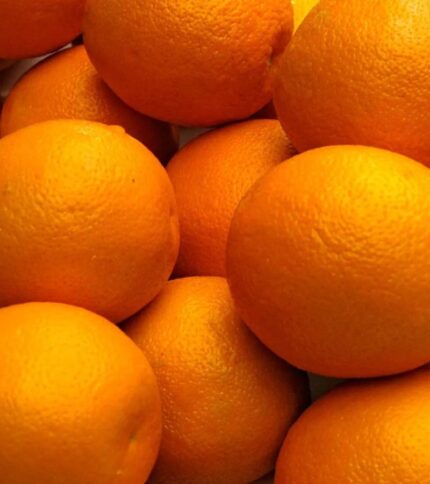
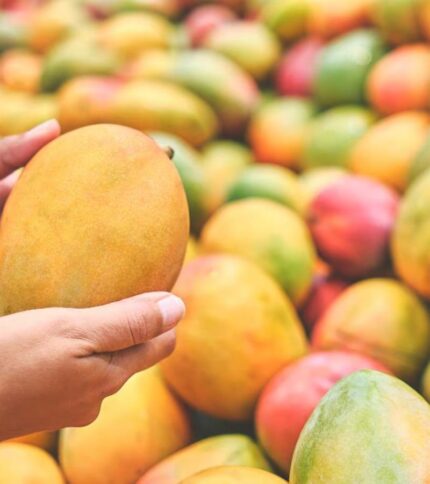


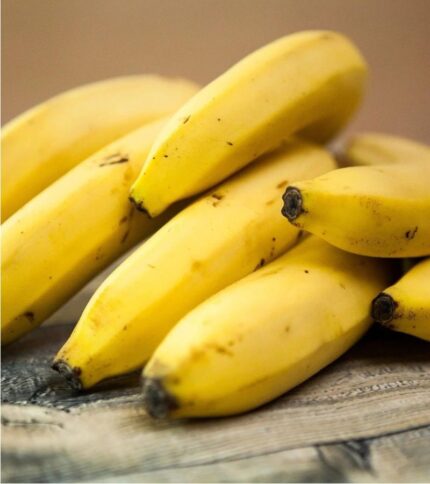
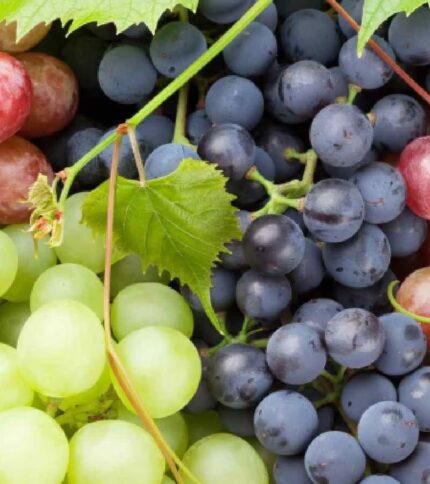
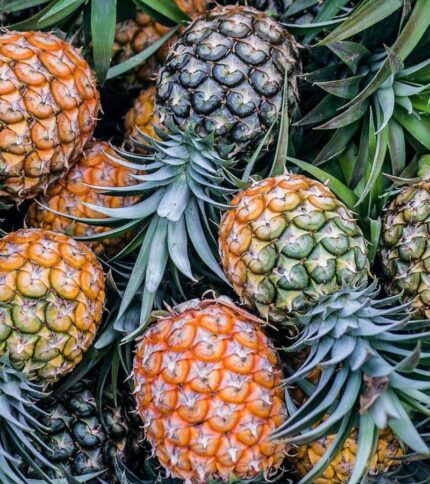
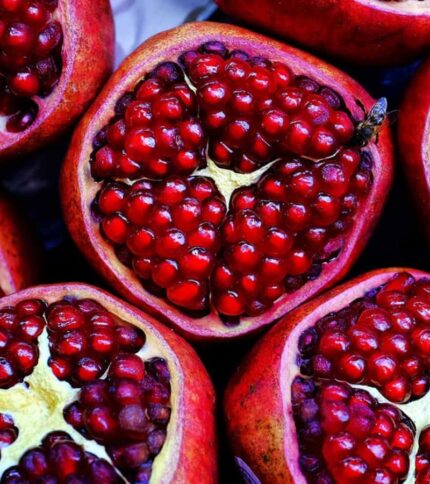
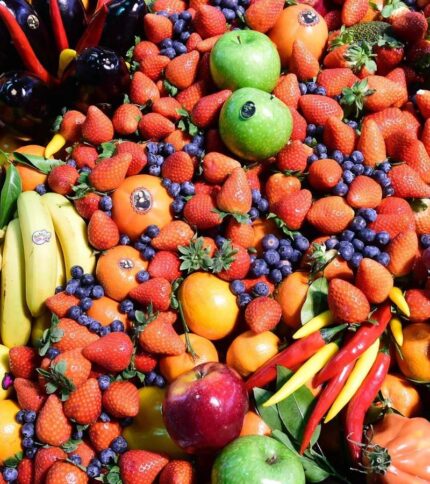
Reviews
There are no reviews yet.